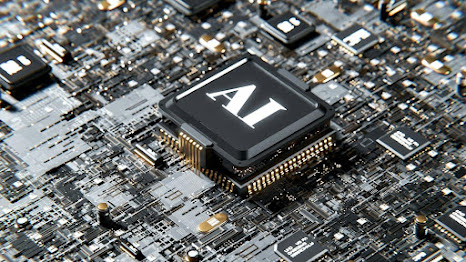DEPLOYING cutting-edge AI solutions requires cloud access. GPU clusters and expensive bandwidth -often out of reach for developers in low-income regions.
If we don't correct and don't invest in democratising access, we'll continue to reinforce the. digital inequality.
Artificial intelligence is no longer a distant vision of the future or a science fiction fantasy. It's here and it's reshaping how we work and live and changing the way we how we innovate.
From personalised learning and predictive healthcare software development and content creation. AI is becoming an integral layer and a crucial component in every major industry.
On The world Students Society - which very closely follows global developments and regularly engages with with experts and innovators on the frontlines, sees something worrying :
A growing global divide in access to AI innovation. If we don't act now, this gap will only grow and deepen - leaving billions of people behind - in the present and the next great technological revolutions.
'' The uneven AI geography " : AI breakthroughs are happening rapidly, but they are also concentrated. Just a handful of countries - mostly in North America, Europe and East Asia - are producing the vast majority of AI research, funding, patents and infrastructure.
THESE countries have a clear head-start with access to computing resources, top-tier universities, policy frameworks and capital.
Meanwhile, most countries across South Asia, Africa and Latin America are largely consuming these technologies, not building them.
They risk becoming passive participants in a future that's being shaped elsewhere under different value systems, regulatory cultures and economic priorities.
'' Talent and Opportunity '' : Raw talent and intellectual capacity exist everywhere. What's missing in many places is infrastructure, exposure and access to opportunity.
AI doesn't care where you were born but the market does. Deploying cutting edge AI solutions requires cloud access, GPU clustres and expensive bandwidth, often out of reach for developers in low-income regions.
If we don't invest in democratiisng access, we'll continue to reinforce the digital inequality.
The AI revolution is a defining moment for humanity. Like all revolutions, it can either liberate people or divide them.
For a future where technology benefits everyone - not just the elite - we must centre inclusion, accessibility and diversity in its development.
Let's learn from the mistakes of past industrial revolutions and not repeat those. Let's build a world where AI belongs to everyone.
The World Students Society thanks Ismaeel Qasim.

.png)


0 comments:
Post a Comment
Grace A Comment!